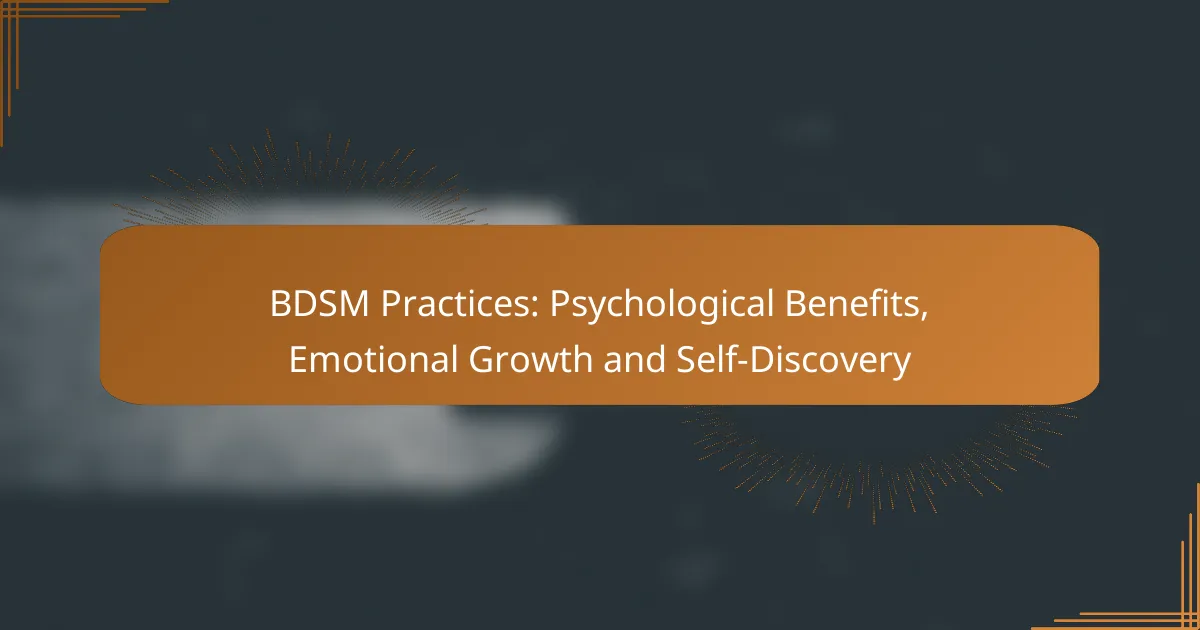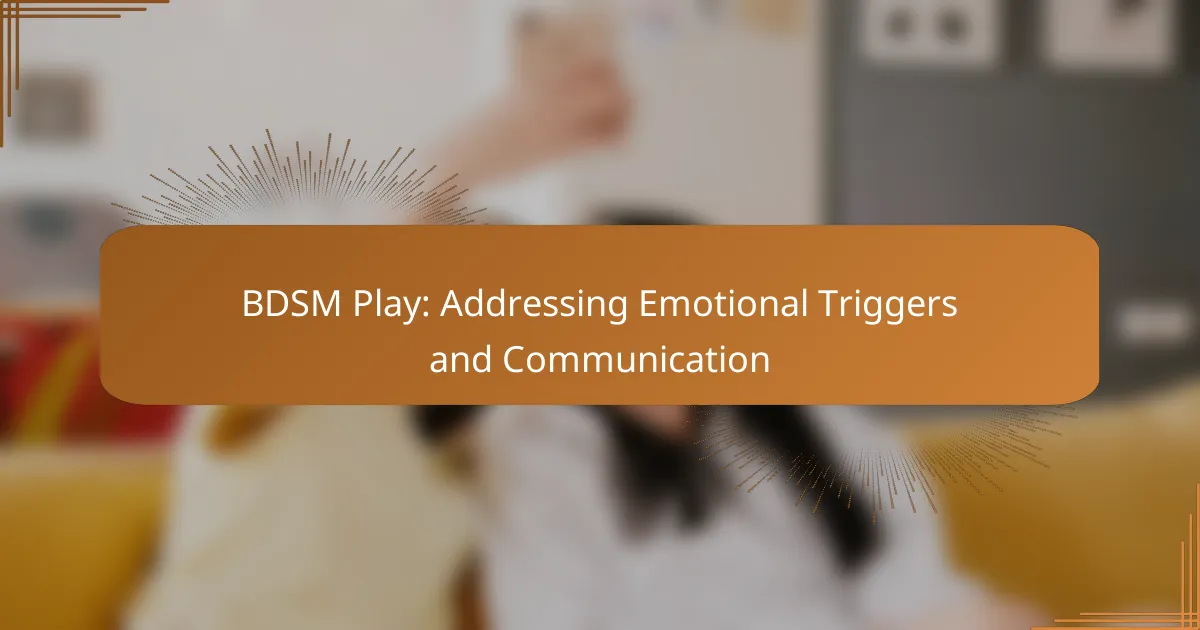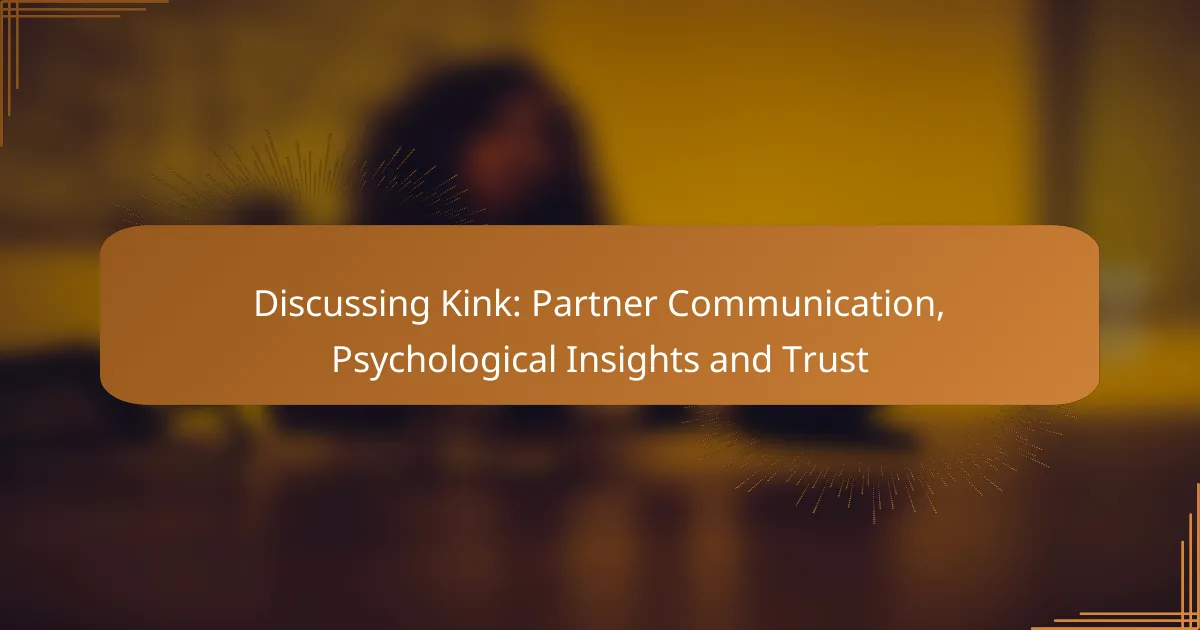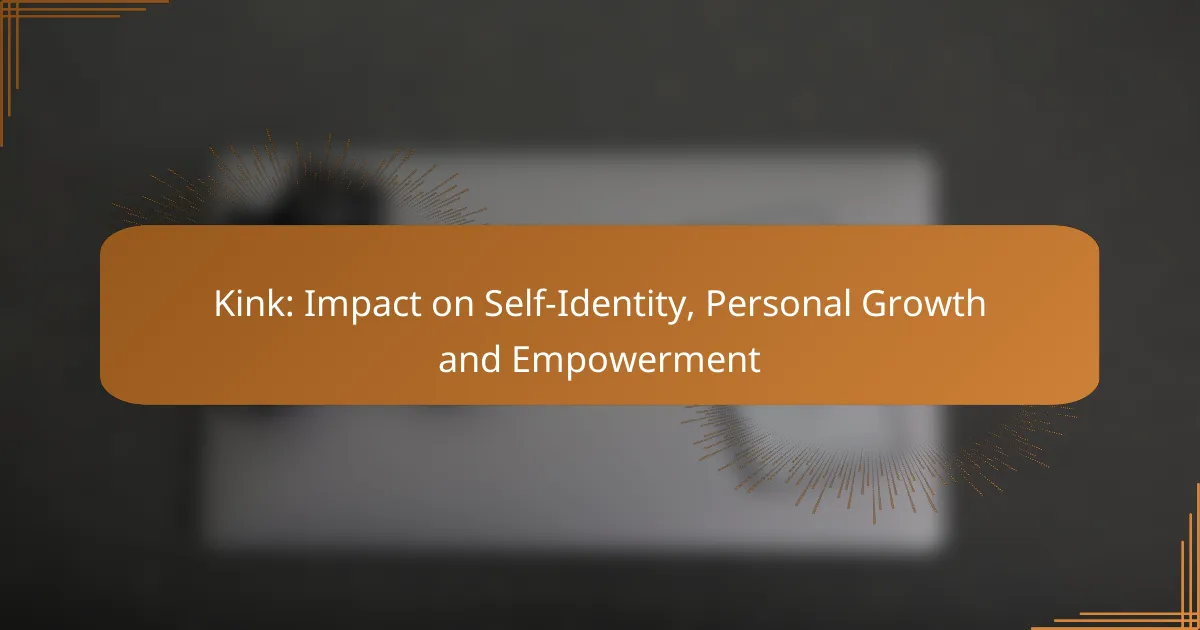[censured] practices offer unique psychological benefits, promoting self-discovery, emotional growth, and enhanced mental health. By engaging in consensual activities, individuals can gain greater self-awareness, confront their desires, and develop a deeper understanding of their personal boundaries and emotional responses.
![How can [censured] practices enhance psychological well-being?](/wp-content/uploads/how-can-[censured]-practices-enhance-psychological-well-being-1.webp)
How can [censured] practices enhance psychological well-being?
[censured] practices can significantly enhance psychological well-being by fostering self-discovery, emotional growth, and improved mental health. Engaging in consensual [censured] activities often leads to increased self-awareness and a deeper understanding of personal boundaries and desires.
Improved self-esteem
Participating in [censured] can boost self-esteem by allowing individuals to explore their identities and desires in a safe environment. The act of expressing oneself through various roles and dynamics can lead to a greater sense of self-acceptance and confidence.
For example, a person who embraces a dominant role may find empowerment in taking charge, while a submissive may experience validation through trust and vulnerability. This exploration can help individuals appreciate their unique qualities and strengths.
Stress relief
[censured] practices can serve as effective stress relief by providing an outlet for emotional release and physical tension. The focus required during scenes can lead to a meditative state, allowing participants to escape daily stressors and immerse themselves in the experience.
Engaging in activities such as [censured] or impact play can trigger the release of endorphins, which may enhance feelings of relaxation and pleasure. Establishing clear boundaries and safe words also contributes to a sense of security, further alleviating anxiety.
Enhanced emotional resilience
Through [censured], individuals often develop enhanced emotional resilience by confronting and processing complex feelings in a controlled setting. This practice encourages open communication and negotiation, which can strengthen emotional intelligence and interpersonal skills.
For instance, navigating the dynamics of a [censured] relationship requires participants to articulate their needs and limits, fostering a deeper understanding of themselves and their partners. This skill can translate into improved coping strategies in other areas of life, making individuals more adaptable to challenges.
![What emotional growth can result from [censured] experiences?](/wp-content/uploads/what-emotional-growth-can-result-from-[censured]-eperiences-2.webp)
What emotional growth can result from [censured] experiences?
[censured] experiences can lead to significant emotional growth by fostering deeper connections, enhancing self-awareness, and promoting personal development. Engaging in these practices often encourages individuals to confront their feelings and desires, leading to a more profound understanding of themselves and their relationships.
Increased trust in partners
Trust is a cornerstone of any [censured] relationship. Participants must rely on each other to communicate boundaries and ensure safety, which can strengthen their bond. This heightened trust often translates to improved emotional intimacy and a greater sense of security within the relationship.
To cultivate trust, partners should establish clear consent and engage in open discussions about their limits and desires. Regular check-ins during and after scenes can further reinforce this trust, allowing both individuals to feel valued and understood.
Development of communication skills
[censured] practices necessitate clear and honest communication, which can enhance overall relationship dynamics. Participants learn to articulate their needs, desires, and boundaries effectively, fostering a more open dialogue. This skill set can be beneficial beyond [censured], improving interactions in various aspects of life.
To develop these communication skills, partners can practice using “I” statements to express feelings and preferences. Engaging in role-playing scenarios can also provide a safe space to explore different communication styles and enhance understanding.
Exploration of personal boundaries
[censured] encourages individuals to explore and redefine their personal boundaries, leading to greater self-awareness. Participants often discover new aspects of their identity and preferences, which can be empowering. Understanding one’s limits can also promote healthier relationships outside of [censured] contexts.
To safely explore boundaries, individuals should start with small, manageable experiences and gradually increase intensity as comfort levels grow. Journaling about feelings and experiences can help track personal growth and clarify evolving boundaries over time.
![How does [censured] facilitate self-discovery?](/wp-content/uploads/how-does-[censured]-facilitate-self-discovery-3.webp)
How does [censured] facilitate self-discovery?
[censured] can significantly aid in self-discovery by encouraging individuals to explore their desires, confront fears, and enhance body awareness. Engaging in these practices often leads to deeper insights about personal boundaries and emotional responses.
Understanding personal desires
[censured] provides a unique platform for individuals to explore and articulate their personal desires in a safe environment. By experimenting with different roles and scenarios, participants can gain clarity on what they truly enjoy and seek in their intimate lives.
For example, someone might discover a preference for dominance or submission that they were previously unaware of. This exploration can lead to a more fulfilling sexual experience and improved communication with partners about needs and boundaries.
Identifying and confronting fears
Engaging in [censured] can help individuals identify and confront their fears in a controlled setting. The practice often involves trust and vulnerability, which can reveal underlying anxieties related to intimacy or control.
For instance, someone might work through a fear of rejection by openly discussing limits and desires with a partner. This process not only fosters emotional resilience but also strengthens the bond between partners through shared experiences.
Enhancing body awareness
[censured] encourages participants to develop a heightened awareness of their bodies and sensations. This focus on physicality can lead to a deeper understanding of personal limits and preferences, enhancing overall sexual satisfaction.
Practices such as [censured] or sensory play can heighten tactile sensations, allowing individuals to explore their physical responses more deeply. This increased body awareness can translate into greater confidence and comfort in one’s own skin, both in and out of the bedroom.
![What are the key psychological benefits of [censured]?](/wp-content/uploads/what-are-the-key-psychological-benefits-of-[censured]-4.webp)
What are the key psychological benefits of [censured]?
[censured] can offer significant psychological benefits, including enhanced emotional expression, personal empowerment, and a sense of belonging within a supportive community. Engaging in [censured] practices allows individuals to explore their emotions and desires in a safe and consensual environment.
Therapeutic release of emotions
[censured] can serve as a powerful outlet for emotional release. Participants often find that engaging in scenes allows them to confront and express feelings that may be difficult to articulate otherwise. This cathartic experience can lead to reduced anxiety and improved emotional well-being.
Practices such as [censured] or impact play can create a heightened state of awareness, enabling individuals to process emotions more effectively. This can be particularly beneficial for those dealing with stress, trauma, or unresolved feelings.
Empowerment through control
Many individuals experience a profound sense of empowerment through the control dynamics present in [censured]. The act of consensually giving or receiving control can foster a deeper understanding of personal boundaries and desires. This exploration can enhance self-esteem and confidence.
For example, a submissive may find strength in surrendering control, while a dominant may feel empowered by taking responsibility for their partner’s experience. This mutual exchange can lead to personal growth and a stronger sense of identity.
Community support and acceptance
Engaging in [censured] often connects individuals with a community that values acceptance and understanding. This supportive environment can help reduce feelings of isolation and stigma, allowing participants to share their experiences and learn from one another.
Many cities have local [censured] groups or online forums where individuals can seek advice, share stories, and find partners. Being part of such a community can enhance emotional resilience and provide a sense of belonging, which is crucial for mental health.
![What safety practices are essential in [censured]?](/wp-content/uploads/what-safety-practices-are-essential-in-[censured]-5.webp)
What safety practices are essential in [censured]?
Essential safety practices in [censured] include establishing clear communication, consent, and aftercare protocols. These practices help ensure that all participants feel secure and respected throughout their experiences.
Establishing safe words
Safe words are predetermined signals that participants can use to pause or stop a scene. They should be easy to remember and distinct from regular conversation, such as “red” for stop and “yellow” for slow down. This allows for immediate communication of comfort levels without breaking the flow of the experience.
It’s crucial to discuss and agree on safe words before engaging in any [censured] activities. Participants should feel empowered to use them at any time, reinforcing the importance of trust and safety in the dynamic.
Consent and negotiation
Consent is the foundation of any [censured] practice, requiring clear agreement from all parties involved. Before engaging in activities, participants should negotiate boundaries, desires, and limits to ensure everyone is on the same page. This discussion should cover what is acceptable and what is not, including any hard limits.
Regular check-ins during the negotiation process can help clarify any uncertainties and reinforce mutual respect. Consent should be ongoing, meaning that participants can withdraw their consent at any time during the experience.
Aftercare importance
Aftercare refers to the care and attention given to participants after a [censured] scene. It is essential for emotional and physical well-being, helping individuals process their experiences and reconnect. Aftercare can include cuddling, discussing the scene, or providing physical comfort, depending on personal preferences.
Each person may have different aftercare needs, so it’s important to communicate these in advance. Establishing a routine for aftercare can enhance the overall experience and strengthen the bond between participants, ensuring that everyone feels valued and supported.
![How can one start exploring [censured] safely?](/wp-content/uploads/how-can-one-start-eploring-[censured]-safely-6.webp)
How can one start exploring [censured] safely?
To explore [censured] safely, begin by educating yourself about practices, boundaries, and consent. Establish clear communication with potential partners and prioritize safety measures, such as safe words and aftercare.
Researching local [censured] communities
Finding local [censured] communities can provide valuable resources and support for newcomers. Look for online forums, social media groups, or community centers that focus on [censured] practices. Engaging with these communities can help you learn about local events and meet like-minded individuals.
Consider attending meet-and-greet events or munches, which are casual gatherings in public spaces where people interested in [censured] can socialize. These settings are typically low-pressure and allow you to ask questions and share experiences.
Attending workshops and events
Participating in workshops and events is an excellent way to gain hands-on experience and knowledge about [censured]. Many communities offer classes on various topics, from safety practices to specific techniques. These workshops often cater to different skill levels, making them accessible for beginners.
Look for events that emphasize consent and communication, as these are crucial elements in [censured]. Attending workshops can also help you network with experienced practitioners who can provide guidance and mentorship as you explore your interests further.



